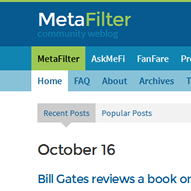How to Respond to Negative Reviews on TripAdvisor and Yelp
 Once in a while, a story will spread online of a business owner who has responded to a negative TripAdvisor or Yelp review in a pointed manner. The headlines for these stories include words and phrases like “epic,” “perfect” and “hilarious take down.”
Once in a while, a story will spread online of a business owner who has responded to a negative TripAdvisor or Yelp review in a pointed manner. The headlines for these stories include words and phrases like “epic,” “perfect” and “hilarious take down.”
I get it. It’s your livelihood. Maybe the reviewer was nasty or unreasonable. It was fun to give them a dose of their own medicine. To take them down a peg. But here’s a question: what’s the business value of doing so? Do you believe it nets you a profit or a loss?
Unfortunately, I would not be surprised if some restaurant and hotel owners and managers believe they will be the next “viral sensation” by responding rudely to an “unfair” Yelp or TripAdvisor review.
Good luck with that approach. You are winning the battle and losing the war.
Read More



 Here’s one way to think about what community means for many businesses.
Here’s one way to think about what community means for many businesses.




 The other day I wrote about qualifying new members and the idea of
The other day I wrote about qualifying new members and the idea of